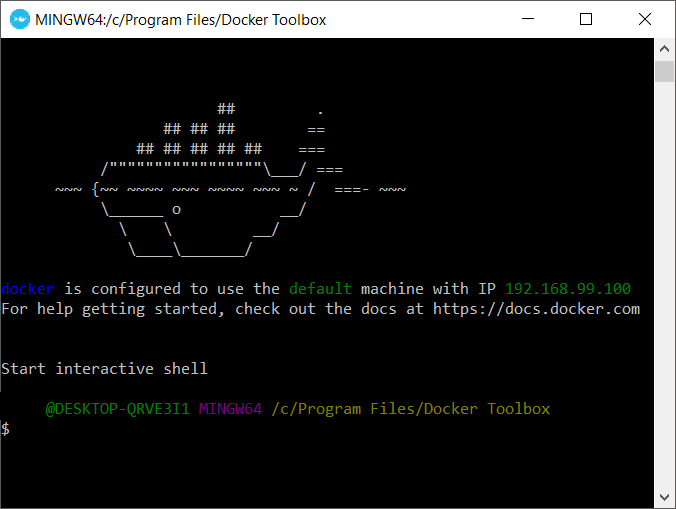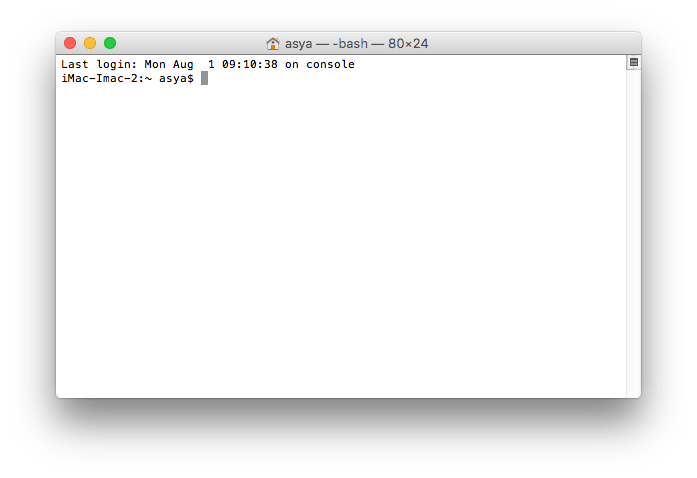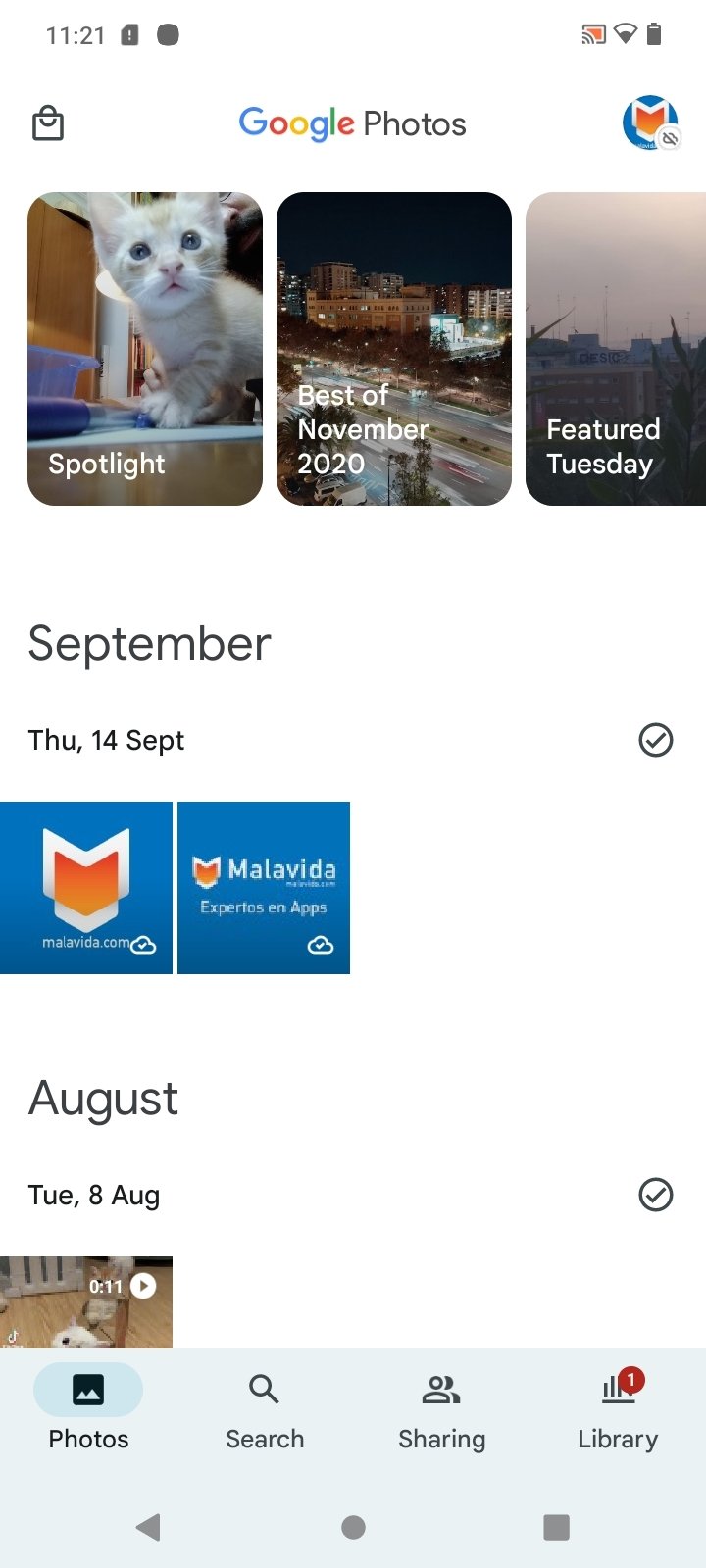

As in this example: dd if=/dev/random of=/dev/sda But, used for other purposes, it can cause us to have to resort to them. dd if=/dev/random of=/dev/sda (Linux, BSD, Mac)ĭD is a tool that is often used to clone disks to create backups. Consequently, it makes it totally unrecoverable. In other words, it does not just delete a file from the file table, but overwrites dozens of times the physical space it occupies. Shred is a tool that not only deletes content. However, there is another much less known command that can erase all files on a hard disk with no possible solution: shred /dev/sda But at least, once run, they allow you to resort to file recovery tools with a good chance of success.

shred /dev/sda (Linux, BSD, Mac)Ĭertainly, the above commands are very dangerous. mkfs.ext4 /dev/sdaīut, instead of formatting the entire file hierarchy, as above, it focuses on a specific media drive. In effect, it formats and takes everything with it. If using an EXT4 file system, the following command is not unlike the typical DOS/Windows ‘format C:’. Therefore, it also deletes all the configuration files that reside there: rm –rf ~. It also has a variant that only deletes our user folder. Consequently, Bash will ask us to confirm that we really want to perform the deletion. Therefore, when we start rm, we are actually accessing rm -i. To avoid this, several distributions have an alias configured by default. Plain and simple, it erases everything completely. In effect, this command deletes each directory on your hard disk, starting from the root directory (/).

Indeed, this command has earned its reputation as dangerous, with good reason. Look, regarding GNU/Linux, there is a really classic example. Some of the most threatening commands rm -Rf / (GNU/Linux, BSD, Mac) Look Top ten most dangerous text commands for Windows, GNU/Linux, and Mac. Therefore, be meticulous how you use them. Specifically, if you run them with administrator privileges. The text commands listed below can have destructive effects on your system. On the other hand, if we are talking about text commands entered the terminal, the thing can be just as serious or even worse. Hello! Clicking on a button or icon whose function you don’t know can be quite dangerous.


 0 kommentar(er)
0 kommentar(er)
